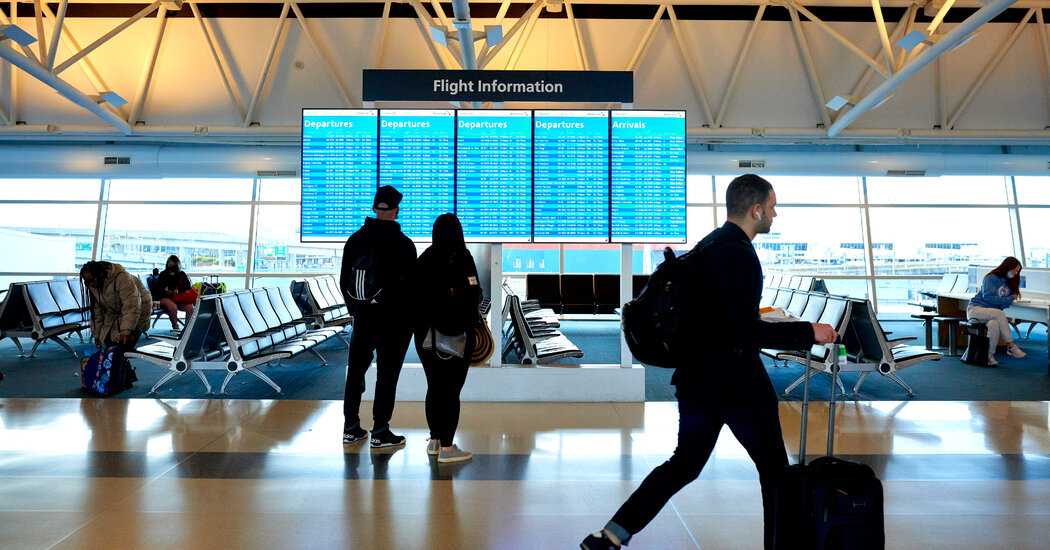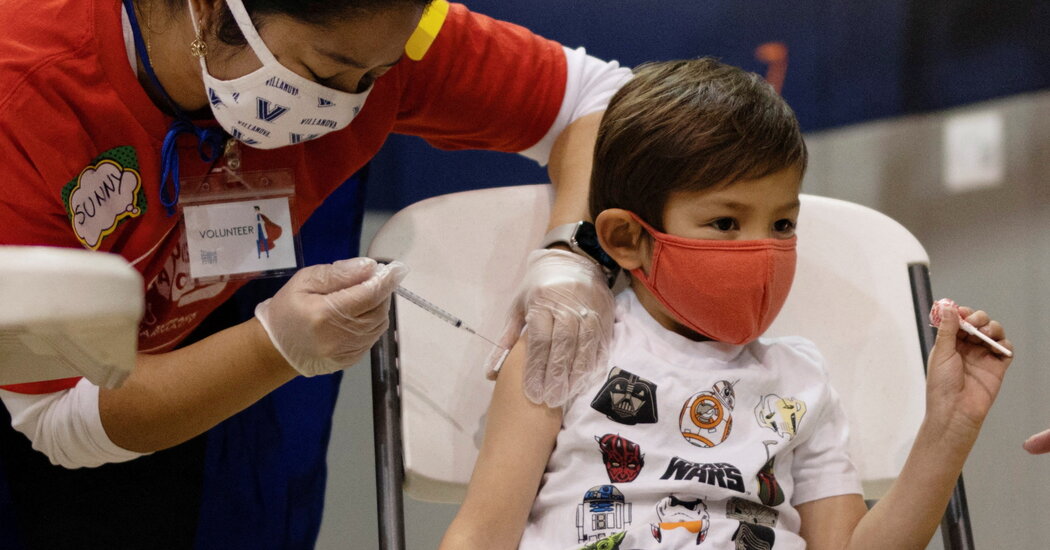
“If this becomes a precedent, that a judge can overrule government and C.D.C. experts, that puts us in a problematic place for the next surge, the next pandemic, bioterrorism or who knows,” Dr. Wachter said. “Government needs to be able to act, and to imply government does not have that authority is deeply concerning.”
He noted that he would continued to wear a mask on flights and strongly encouraged his family and loved ones to do so, although he did not think the situation was sufficiently dire to justify a government mandate.
“Should you wear a mask when you’re in an aluminum tube, shoulder to shoulder with people for six hours?” Dr. Wachter said. “I think you should, and I will.”
The same argument applied to trains and buses, he said. “My general feeling is that there is still enough virus around that I think it’s prudent to wear a mask in tight indoor spaces when you’re not sure of the vaccine status of the people around you and there’s a fair amount of virus in the community.”
The virus seemed to be getting more transmissible with each new variant, said Michael Osterholm, director of the Center for Infectious Disease Research and Policy at the University of Minnesota, and new Omicron subvariants appeared to be carrying mutations that may impact immunity. “This virus is so highly infectious that you don’t need to have a lot of exposure to get infected,” Mr. Osterholm said.
The risk was also extremely unpredictable, he added. “These variants are 210-mile-per-hour curveballs,” he said. “What’s going to happen is really in the hands of the virus.”
Telling people to wear masks is one of the simplest, cheapest steps they can take to fight the spread of infectious diseases, said Dr. Georges Benjamin, executive director of the American Public Health Association. “This is telling them they can’t use the most effective tool they have,” he said of the ruling against passenger mask mandates. “It doesn’t hurt anybody. It’s easy to do. It’s as simple as an umbrella up in the rain.”




